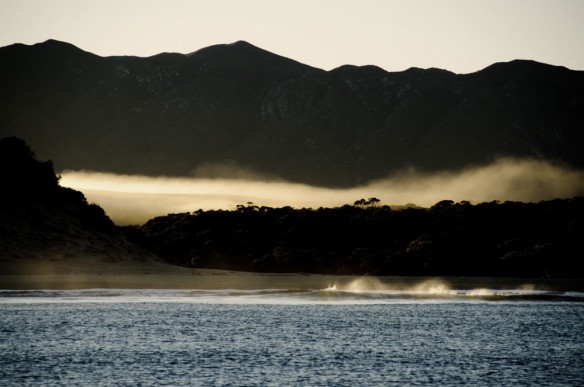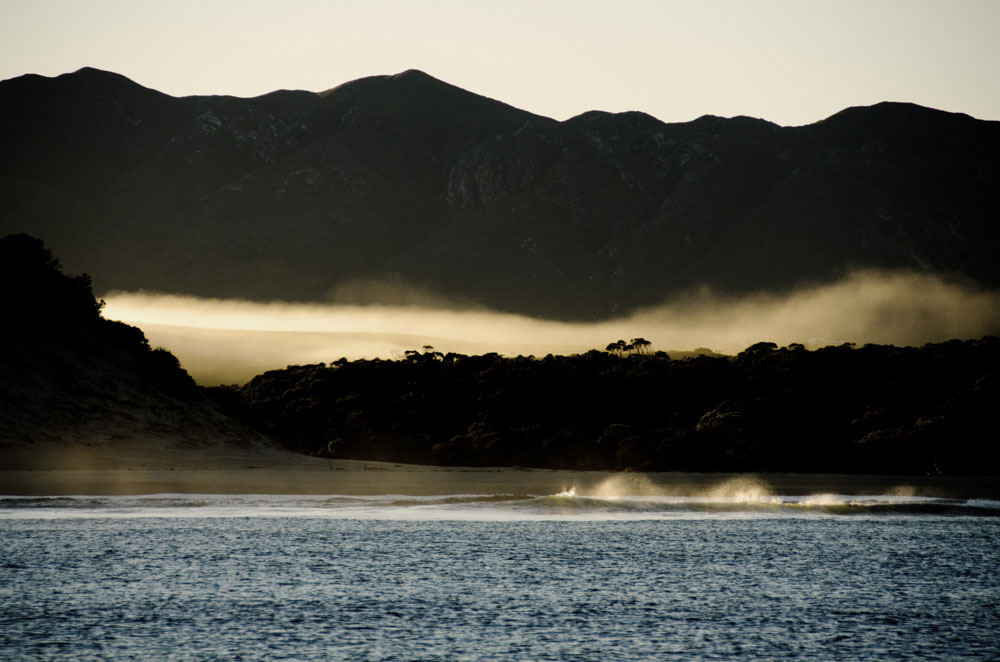
Tasmania. Photo courtesy of © Johnny Abegg
Excerpts;
The Tasmanian government will extend its ban on fracking for five years to protect the state’s agricultural industry…
Read Full Article, Guardian UK
A New Look At What’s In ‘Fracking’ Fluids Raises Red Flags, Science Daily (08-18-2014)
Scientists are getting to the bottom of what’s in fracking fluids, with some troubling results…
EPA Implicates Fracking In Pollution, AP (12-11-2011)
Dangerous Levels of Radioactivity Found at Fracking Waste Site, Guardian UK (11-02-2013)
Hydraulic Fracturing Fluids Likely Harmed Threatened Fish Species, USGS (08-30-2013)
Hydrofracking, Water, Watersheds, and the Ocean (02-28-2011)
With hydrofracking, a well can produce over a million gallons of wastewater that is often laced with highly corrosive salts, carcinogens like benzene and radioactive elements like radium, all of which can occur naturally thousands of feet underground. Other carcinogenic materials can be added to the wastewater by the chemicals used in the hydrofracking itself.
The Ocean connects all things…
Induced Earthquakes, Earthquakes Hazard Program, USGS (April 2014)
A team of USGS scientists led by Bill Ellsworth analyzed changes in the rate of earthquake occurrence using large USGS databases of earthquakes recorded since 1970. The increase in seismicity has been found to coincide with the injection of wastewater in deep disposal wells in several locations, including Colorado, Texas, Arkansas, Oklahoma and Ohio. Much of this wastewater is a byproduct of oil and gas production and is routinely disposed of by injection into wells specifically designed and approved for this purpose. Hydraulic fracturing, commonly known as “fracking,” does not appear to be linked to the increased rate of magnitude 3 and larger earthquakes. Although wastewater injection has not yet been linked to large earthquakes (M6+), scientists cannot eliminate the possibility…
Sand mining Is Booming Along With Fracking, My San Antonio News (Uploaded 09-27-2011)
Fracking, the latest craze in the quest to produce oil and gas, has been blamed for environmental problems ranging from flammable tap water to minor earthquakes. Now a new risk is emerging: sand mining. To squeeze hydrocarbons out of shale through hydraulic fracturing of the rock, the process known as fracking, producers need to pump an enormous amount of sand into the ground…









